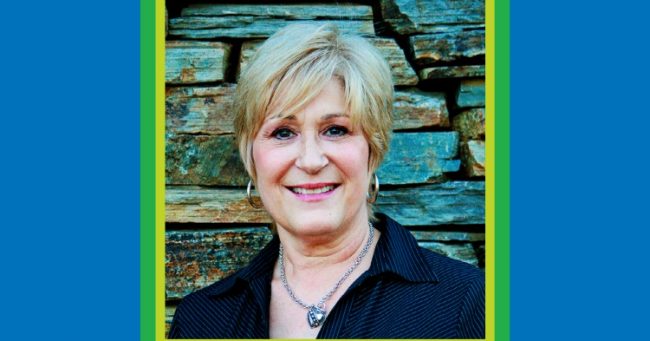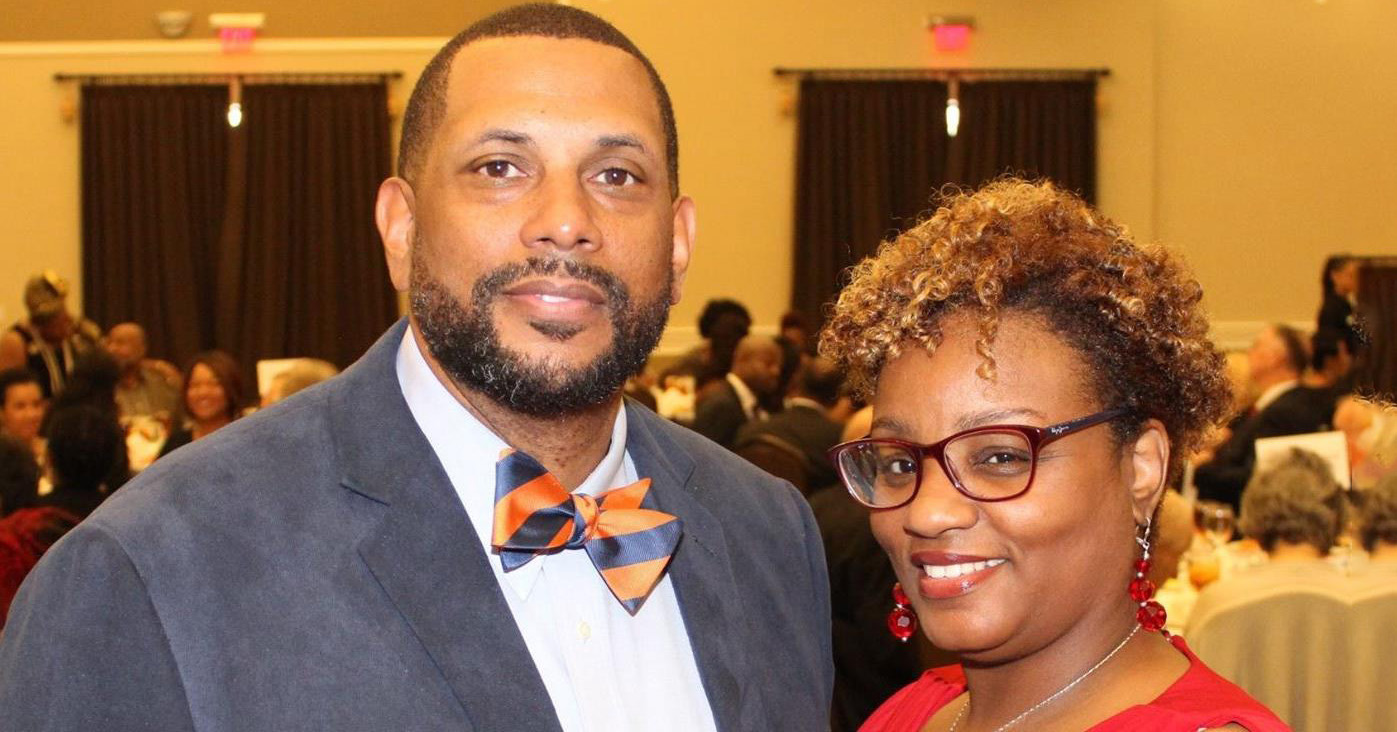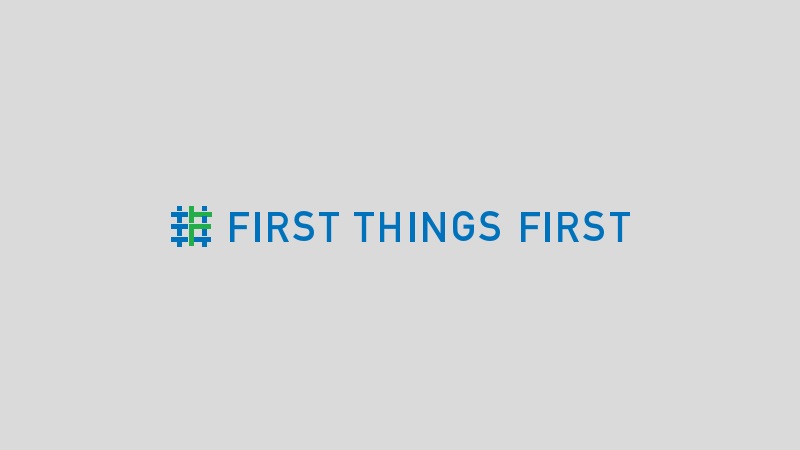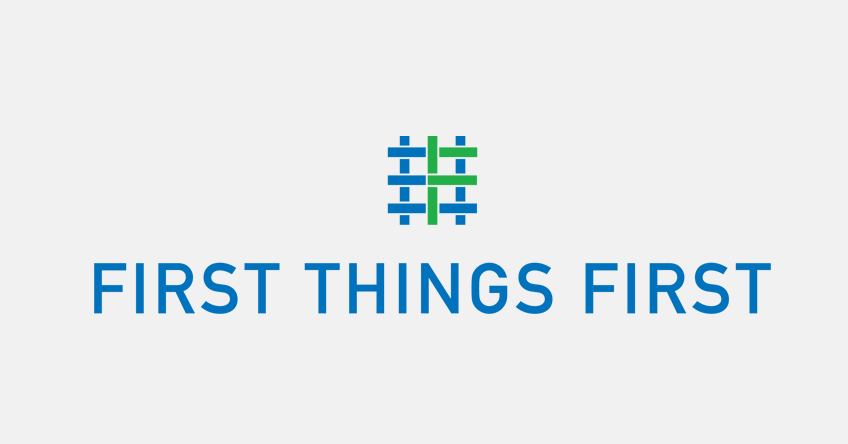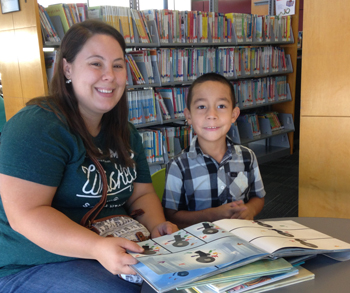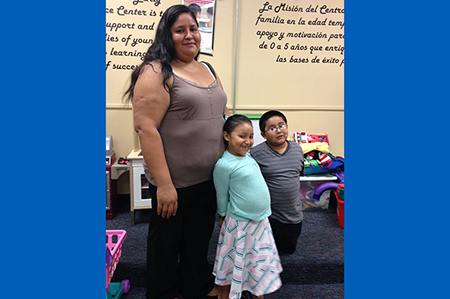
After the first ultrasound, Lindsay and Brent Barentine knew that their babies were special.
Barentine was pregnant with monoamniotic-monochorionic or mono-mono twins, which means the identical twins shared both a placenta and an amniotic sac. The rare pregnancy was also high-risk, which meant that Barentine’s physician scheduled frequent check-ups to monitor the twins’ prenatal health and development.
Born seven weeks early, Nora and Katie Barentine were placed in the neonatal intensive care unit (NICU). After initial tests, medical staff identified the twins would need extra support to get them developmentally on track.
“When your children do not qualify for the Arizona Early Intervention Program, but you are told by medical professionals your children will need extra support, where do families turn?” Lindsay asked.
Many families who don’t meet specific eligibility criteria for state or school district services share this concern and struggle to find special needs services for babies and toddlers. The First Things First Phoenix South Regional Partnership Council is dedicated to helping families with young children in the region and funds a program called Side by Side.

Supporting Children with Special Needs
Get individualized support and coaching to help you identify and address developmental concerns early, respond to challenging behaviors, and support your child’s physical, social and emotional development.
The Side by Side program through Southwest Human Development is designed to identify and address developmental concerns early and provide coaching supports to families of babies and toddlers in the region who don’t meet the eligibility requirements for state or school district intervention services.
The free program also provides a special technical assistance team to help families with their children’s motor, social-emotional skills and communication. They also refer the families to other resources.
The NICU staff referred the Barentines to the Side by Side program so they could receive the support they needed for their daughters.
“I didn’t have experience raising kids,” said Brent, who is now a stay-at-home dad. “I didn’t know what to look for, but our home visitor could see those early signs immediately and shared with us ways to support their needs and get ahead of the concern.”
The Barentines shared that since participating in this program Nora and Katie were given access to occupational therapists, speech therapists and are assessed regularly to identify concerns. The coaches give the Barentines information on how to implement practices into their parenting to help the girls develop and thrive.
“This program isn’t clinical – it’s relational,” Brent said. “The support we receive goes beyond the focus of just the girls, it’s about the whole family as a unit.”
Now Nora and Katie are getting the support they need to develop and are on the right track to getting prepared for kindergarten.
“Having this program has saved our lives,” Lindsay said. “We don’t know where we or our girls would be without it.”


